The world is mourning the death of Pope Francis, who passed away on Easter Monday, April 21, 2025, at the age of 88. A humble reformer and a voice for the marginalized, Pope Francis leaves behind a profound legacy that reshaped the Catholic Church’s global mission. As Catholics around the world grieve, attention now shifts toward an important and historic question: could the next pope come from Africa?
A Legacy of Change
Born as Jorge Mario Bergoglio in Buenos Aires, Argentina, Pope Francis made history in 2013 as the first pope from the Americas. Throughout his twelve-year reign, he championed causes often overlooked, such as the plight of refugees, climate change, economic inequality and outreach to marginalized communities.
Francis’s leadership style was marked by simplicity and compassion. He rejected many traditional luxuries of the papacy, choosing to live in a modest residence rather than the Apostolic Palace. His focus on mercy over judgment, dialogue over division, and action over tradition earned him admiration worldwide even beyond Catholic circles.
Mourning and Reflection
Following news of his death, leaders from every corner of the globe offered tributes to the late pope. U.S Vice President Vance praised Francis’s commitment to human dignity, while European and African leaders spoke of his lasting influence on social justice movements. Across Latin America, Asia, Africa, and Europe, churches held vigils and special Masses in his honor.
Pope Francis will be laid to rest at the Basilica of St. Mary Major in Rome, in accordance with his wishes for a humble funeral service.
How Popes Are Elected
The death of a pope triggers a special process called a conclave, where cardinals from around the world gather in Vatican City to elect a new leader for the Catholic Church.
Here’s how it works:
- Participants: Only cardinals under the age of 80 are eligible to vote. Currently, there are about 120 eligible cardinals.
- The Conclave: The cardinals are locked inside the Sistine Chapel, cut off from outside communication, to maintain secrecy and prayerful focus.
- Voting Process:
- Each cardinal casts a secret ballot.
- A two-thirds majority is required to elect a new pope.
- Voting can take several rounds over several days.
- The Signal: After each round, the ballots are burned. Black smoke from the Sistine Chapel chimney means no decision yet. White smoke signals that a new pope has been chosen.
- Acceptance: Once elected, the new pope must accept the role. Upon acceptance, he chooses a new papal name and the famous words “Habemus Papam” (“We have a Pope!”) are announced from the balcony of St. Peter’s Basilica.
The conclave for Pope Francis’s successor is expected to begin in early May 2025.
The Road Ahead: A Historic Opportunity
With the papal conclave approaching, speculation is mounting over who will succeed Francis. Increasingly, many within the Church are calling for a pope who represents the faith’s vibrant growth outside Europe — particularly in Africa.
Africa is home to one of the fastest-growing Catholic populations in the world. Countries like Nigeria, Kenya and Ghana have seen booming church attendance, thriving vocations and a strong commitment to Catholic traditions. This demographic reality is leading many to believe that the time is ripe for an African pope.
Prominent African cardinals, such as Cardinal Peter Turkson of Ghana and Cardinal Fridolin Ambongo are seen as strong contenders. Both have extensive experience addressing issues like social justice, peace-building and environmental stewardship values deeply resonant with Pope Francis’ vision.
A New Face for a Global Church
The election of an African pope would be a landmark moment in Church history. It would symbolize a shift in the Catholic Church’s center of gravity toward the Global South and reaffirm the universality of the faith. More importantly, it would acknowledge the vital role African Catholics now play in shaping the Church’s future.
While the outcome of the conclave remains uncertain, what is clear is that the Church stands at a crossroads. Pope Francis’s death not only closes a remarkable chapter but also opens the door to new possibilities — ones that could redefine the leadership and direction of Catholicism for generations to come.
As the world bids farewell to Pope Francis, it also looks forward with hope: hope for a Church that continues to grow, renew, and reflect the richness and diversity of its people.

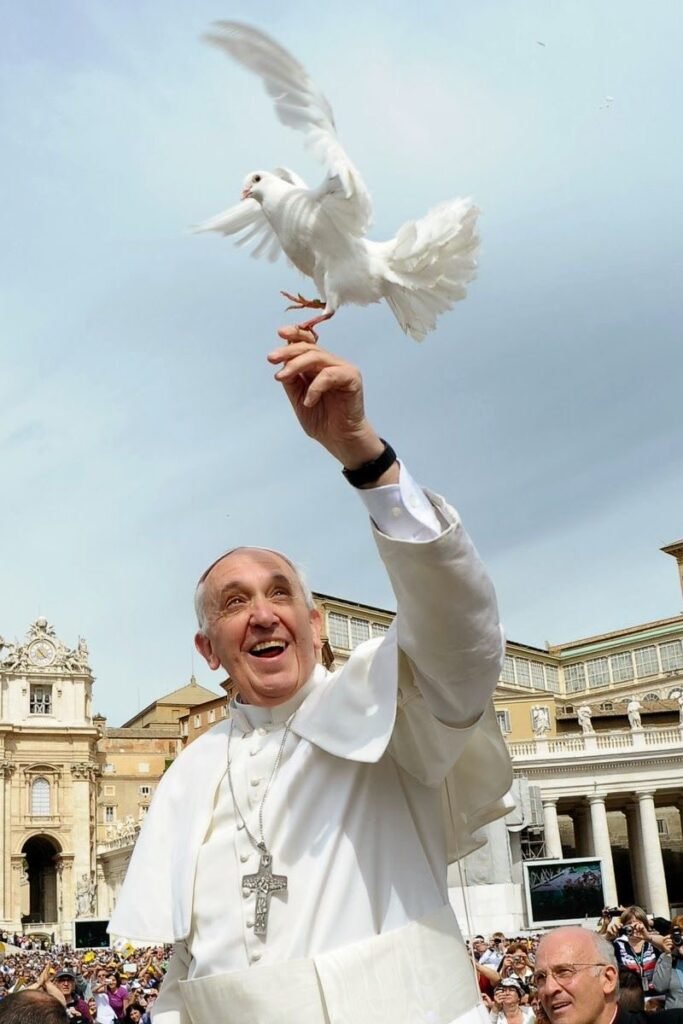
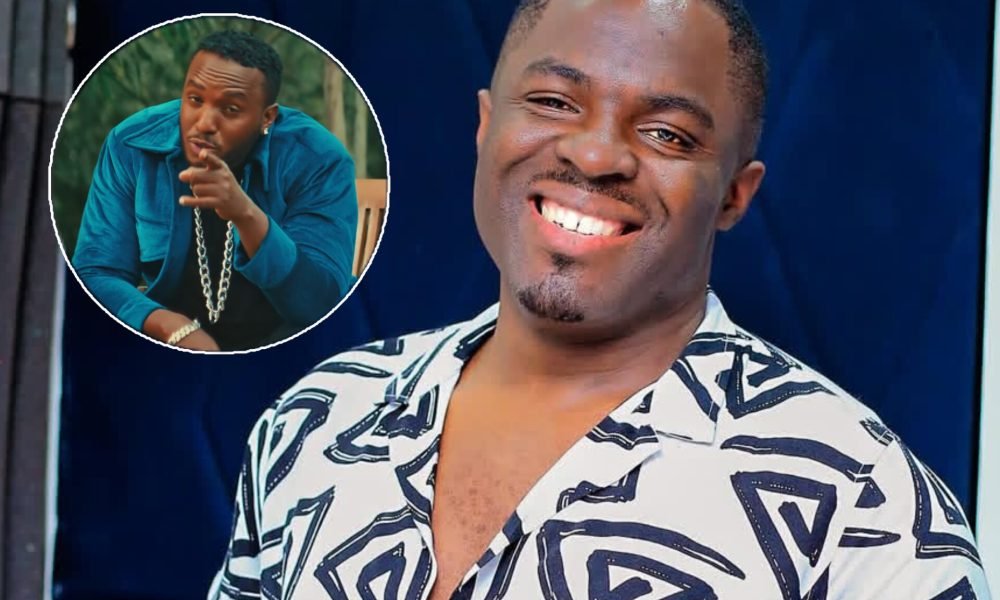
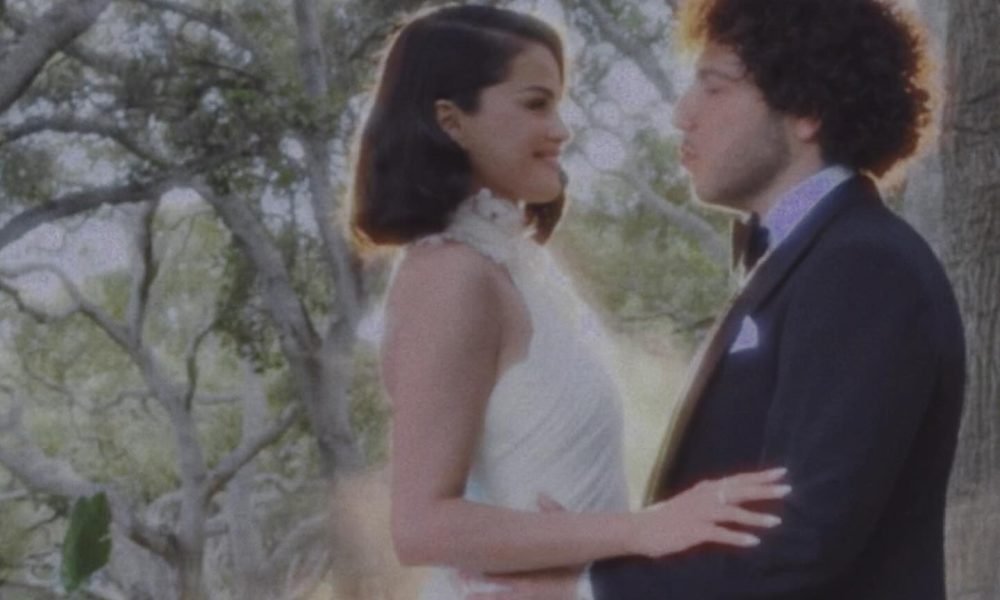
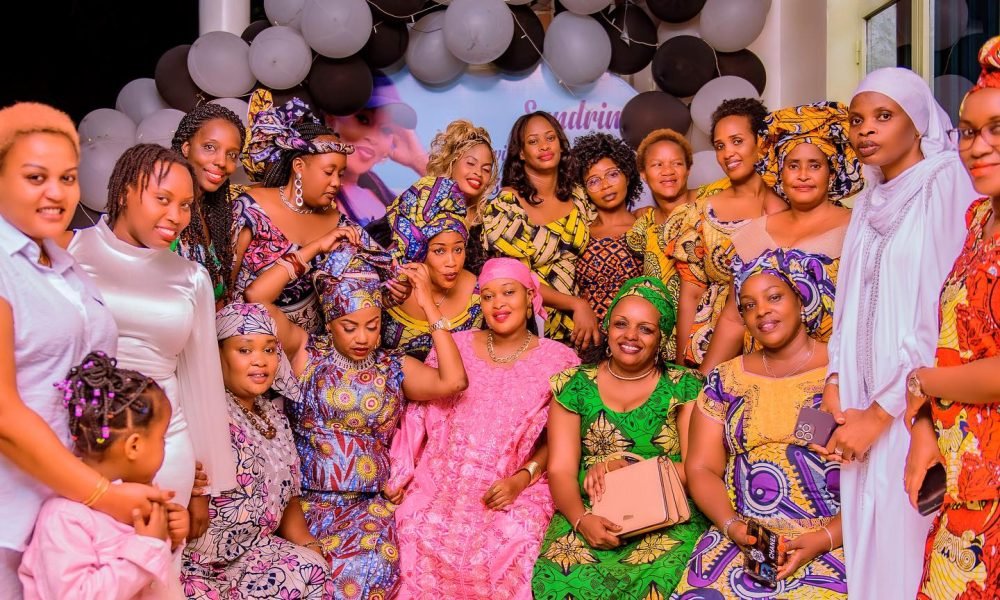
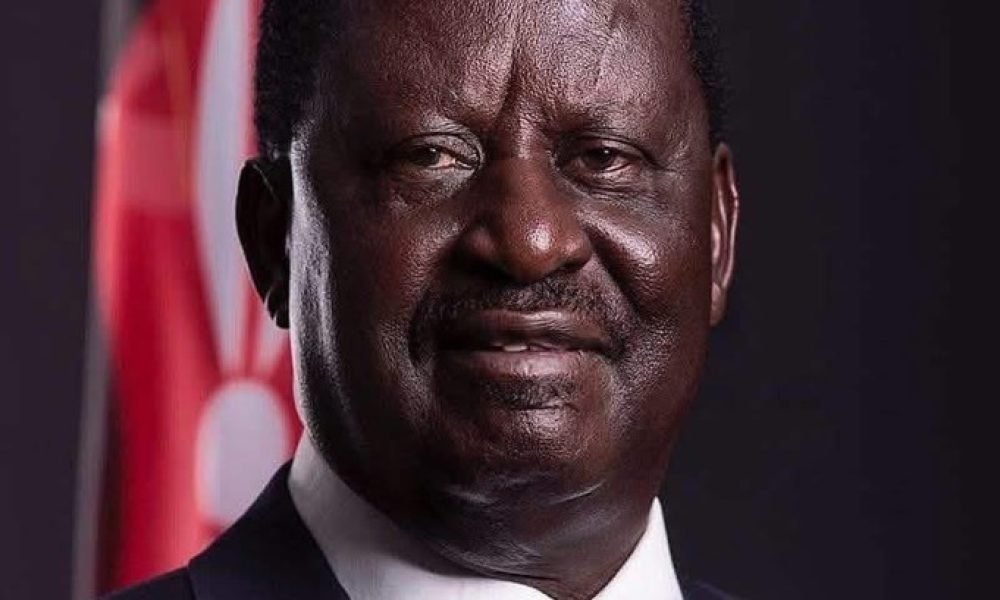


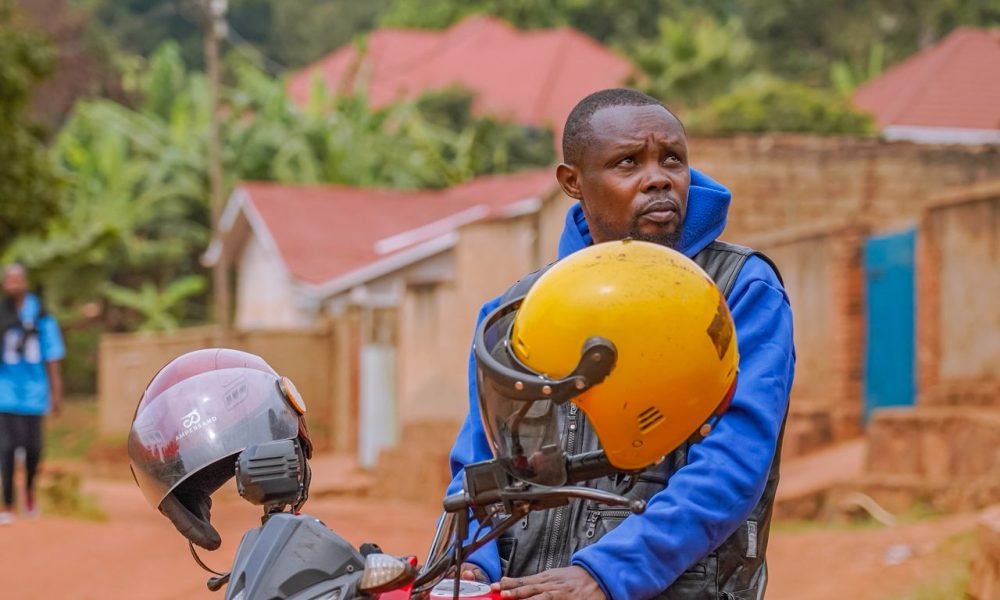
One Response
End of an era